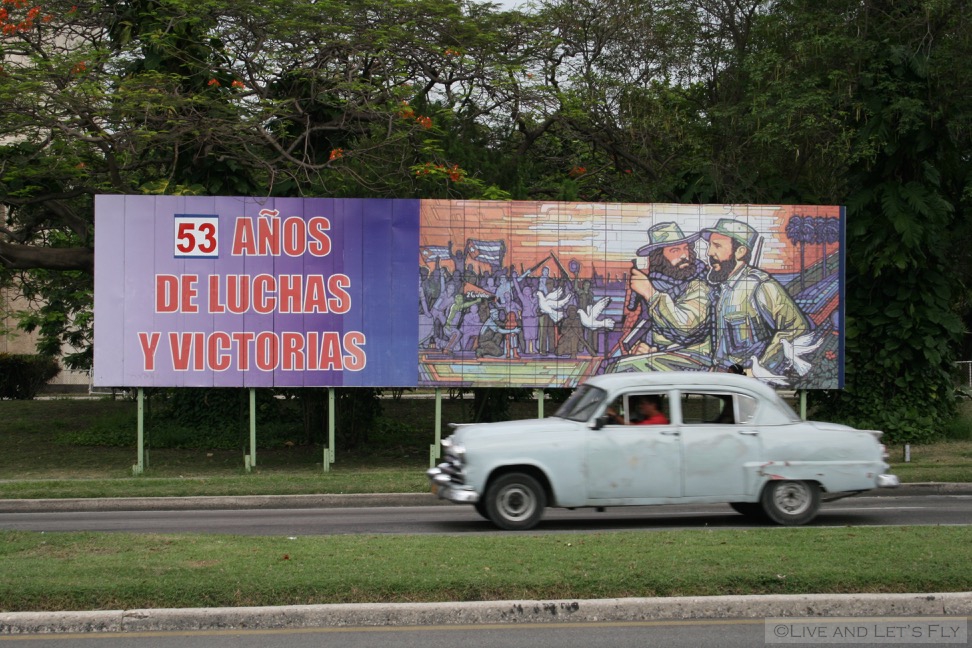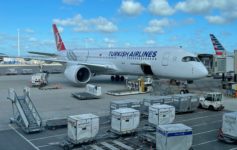
In a sweeping Executive Order ahead of his trip to Havana next week, U.S. President Barack Obama has essentially made tourism in Cuba legal for all Americans. And you thought Marco Rubio was shedding tears over losing Florida!
Up until now, independent travel to Cuba was “legal” only if it fell under the following auspices:
- family visits
- official business of the U.S. government, foreign governments, and certain intergovernmental organizations
- journalistic activity
- professional research and professional meetings
- educational activities
- religious activities
- public performances, clinics, workshops, athletic and other competitions, and exhibitions
- support for the Cuban people
- humanitarian projects
- activities of private foundations or research or educational institutes
- exportation, importation, or transmission of information or information materials
- certain authorized export transactions
Already the exceptions were broad, but you can now add tourism to that list.
As for ordinary Americans, they can now take “people-to-people” educational trips to Cuba on their own instead of joining expensive group tours. That means any American can legally go to Cuba after filling out a form asserting that their trip is for educational purposes instead of tourism. Although they’ll be required to keep records for five years about what they did in Cuba, they won’t have to submit them to the government unless asked.
The Obama administration had previously allowed independent travel for specific purposes like supporting religious organizations or participating in sports events. Tuesday’s move was expected to have much greater impact because the definition of educational travel is so amorphous that it can include virtually any activity that isn’t lying on a beach drinking mojitos.
Bottom line, you’re free to go to Cuba as you please.
I was curious to see the following factually incomplete statement in the story:
The elimination of the tour requirement could cost the Cuban government many millions of dollars in revenue and allow U.S. travelers to see Cuba in a far more independent way than before. Because the Cuban government controls virtually all the travel industry, American groups were required to stay in state hotels, travel on state buses, pay for the food through a state agency and use state tour guides to show them the sights.
While true on its face, I was independent when I visited Cuba in 2012 and unlike visiting North Korea or Iran, Americans are not kept on a leash.
I have consistently advocated for a more liberalized relationship between America and Cuba and fully agree with deputy national security advisor Ben Rhodes, who stated, “The simple basis of our policy is that by loosening these restrictions we are better able to engage with the Cuban people, to support them and to build bridges between our two countries…we deeply believe that this is in America’s national interest.”
> Read More: 10 Tips for Visiting Cuba




“Tuesday’s move was expected to have much greater impact because the definition of educational travel is so amorphous that it can include virtually any activity that isn’t lying on a beach drinking mojitos.”
What???? Lying on the beach and drinking mojitos to test the efficacy and relative strength of Cuban rum isn’t an educational purpose? 🙂